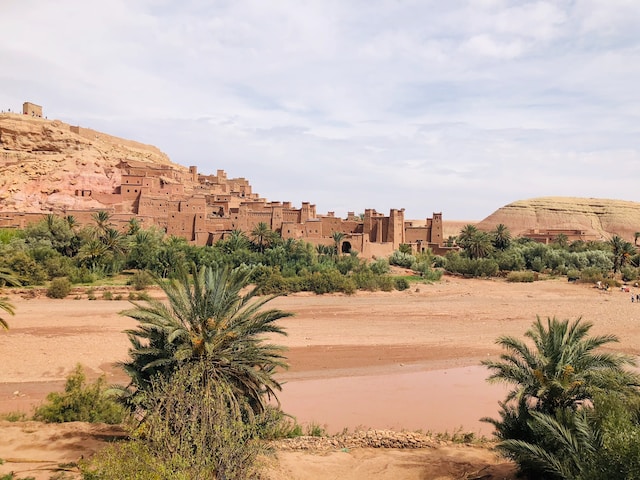The Central Bank of Egypt (CBE) is the sole authority responsible for the country’s monetary policy, banking system, and the issuance and management of its currency, the Egyptian Pound. The CBE is responsible for maintaining monetary stability, regulating and supervising financial institutions, and managing foreign exchange reserves in Egypt. It was established in 1961, and since then, it has played a vital role in the development and growth of the Egyptian economy.

Check other regulations from these other countries.
Description of the organization
The Central Bank of Egypt is an independent institution with a Board of Directors composed of eleven members appointed by the President of the Republic for a renewable term of four years. The Governor is responsible for the bank’s overall management and policy implementation. He/she is appointed by the President of the Republic for a renewable term of four years. The CBE is headquartered in Cairo, with branches in all major cities across Egypt, including Alexandria, Sharm El-Sheikh, Hurghada, and Luxor. The bank’s main departments include the monetary policy department, banking supervision department, financial stability department, and payment systems and business technology department.
Purpose
The CBE’s main objective is to maintain price stability and promote economic growth. This is achieved by ensuring the stability of the banking system, the value of the currency, and the soundness of the payment system. It also regulates and supervises banks and other financial institutions operating in Egypt, ensuring their compliance with the applicable laws and regulations.
Services offered by the organization
The Central Bank of Egypt offers a wide range of services to both banks and the general public. These services include:
Issuance and management of currency
The CBE is responsible for issuing and managing the Egyptian Pound currency. It also sets the monetary policy, including interest rates, to control inflation and maintain price stability.
Monetary policy
The Central Bank of Egypt (CBE) is responsible for implementing monetary policy to achieve its primary objective of maintaining price stability. It uses various tools to influence the supply of money and credit in the economy, including setting interest rates, reserve requirements, and open market operations. For example, if inflation is high, the CBE may raise interest rates to reduce the demand for credit and slow down economic growth. Similarly, if the economy is in a recession, it may lower interest rates to stimulate demand and encourage economic growth.
Regulation and supervision
The Banking Supervision Department is responsible for supervising and monitoring the activities of banks to ensure their financial stability and solvency. The CBE reviews banks’ financial statements and conducts on-site inspections to assess their financial health and compliance with regulations. It sets prudential standards for banks, including capital adequacy ratios and loan loss provisions, to ensure their financial stability. The central bank also has the power to intervene and take corrective action if a bank is found to violate regulations or if it is at risk of failure. This helps to protect depositors and maintain the stability of the banking system.
Economic research
The organization conducts economic research and analysis to support the development of monetary policy and other initiatives aimed at promoting economic growth.
Foreign exchange management
The Foreign Exchange Operations Department is responsible for managing foreign exchange reserves, which are held in various currencies, including US dollars, euros, and Japanese yen. These reserves are used to intervene in the foreign exchange market to stabilize the exchange rate and prevent sharp fluctuations in the value of the Egyptian pound. The CBE also conducts foreign exchange operations to manage the country’s balance of payments. This involves buying and selling foreign currency to ensure that the country’s imports and exports are balanced. This is also to ensure that there is sufficient foreign exchange to meet the country’s obligations to international creditors. The bank also manages the country’s foreign debt and works to attract foreign investment to support economic growth.
Payment systems
The CBE provides payment system services to banks and other financial institutions, including clearing and settlement services. This is to ensure the efficient and secure transfer of funds between banks and their customers.
Businesses cooperating with the Central Bank of Egypt
The Central Bank of Egypt collaborates with various businesses, including banks and financial institutions, to promote the country’s economic growth and development. The CBE works closely with banks to ensure their compliance with regulations and to support their growth and expansion. The CBE also collaborates with other financial institutions, including insurance companies and investment firms, to develop and implement policies that promote economic stability and growth.
Cooperation with business
The CBE encourages cooperation with businesses, particularly in the financial sector, to support the country’s economic development. It provides a regulatory framework that promotes a stable and secure business environment, which is essential for attracting local and foreign investment. The bank also provides various financial incentives, such as low-interest rates and subsidized loans, to support businesses and promote economic growth.







